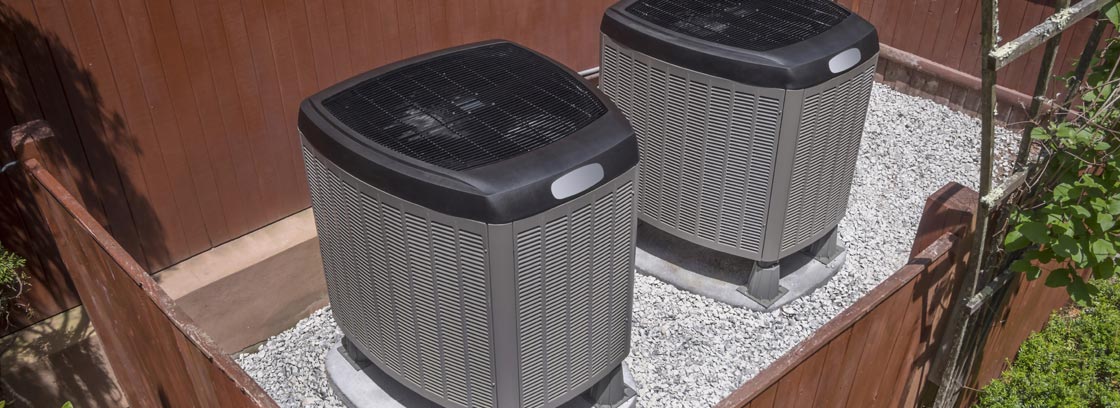Is Your AC Secretly Struggling? Learn the Subtle Clues of AC Repair
How is your air conditioner running? Is it running efficiently and keeping the home comfortable? Can you tell the subtle changes that indicate that something might be wrong? Is your HVAC system alerting you to upcoming AC repair failures? Let’s list some of those subtle changes.
Things You Can Feel
Warmer Than Desired. The point of air conditioning is to create a space that is different from the outside, a space that is cooler and drier than the outside air. With a thermostat, a homeowner can create the desired temperature. The humidity will happen automatically, unless the temperature setting is very high. At first, you might bump the temperature setting down a little, but when the temperature does not match the thermostat setting, it is generally an indication that something is awry.
Sticky Surfaces. When the air conditioner fails to remove humidity from the air, surfaces begin to feel moist or tacky to the touch. Wood surfaces on furniture might feel like the finish was just applied, and they may appear slightly milky. Human skin will also have a little sweat and be moist. This is definitely an indication of trouble and the need for AC repair.
Stuffy Air. If the air conditioner struggles to move air, the still air may be noticeable, especially in spaces at the end of long hallways, far from the air handler closet.
Things You Can See
Thermostat Inconsistencies. The thermostat is the ON/OFF switch for the system. When the display and reality are very far apart, it indicates a problem with the thermostat. It could be as simple as a dead AAA battery, or it could indicate the need for the thermostat to be recalibrated.
Water Leaks. If water is seen leaking from the air conditioner cabinet, it indicates the need for AC repair. It may signify a clogged drain line coming from the evaporator chamber. It may also be the result of a frozen evaporator coil, which results from leaking refrigerant. A loss of refrigerant causes it to get too cold. The humidity that normally condenses and drains away begins to freeze until a large block of ice encircles the coils. The same freezing phenomenon can happen around the compressor motor on the outdoor condenser unit. If cooling begins to fail, observe these two areas and look for ice/melting ice.
A Shocking Utility Bill. When an air conditioning system is struggling, it must work harder than normal. When an air conditioning system must work harder, it uses more electricity, and the bill becomes higher. Check the number of Kilowatt hours used to ensure the increase is not due to the rising cost of energy.
Things You Might Hear
Short Cooling Passes. Normal air conditioner noises become the background noise to life in the summer. When something sounds different, it usually is different. Normal cooling cycles happen three or four times per hour and last for approximately 5 to 7 minutes. During extreme heat, these cycles may run longer, but if the cycles begin to run shorter, this is an indication of needed maintenance.
Unusual Noises. When background noises change, get louder, or sound different, it is an indicator of trouble ahead. What noises might you hear from an ailing air conditioner? Extended buzzing noises or repetitive clicking indicate trouble with electronic controls. Whistling noises indicate a problem with air flow—perhaps a clogged air filter or leaking ductwork.
Annual air conditioner maintenance helps take care of many of these issues and reduces the need for AC repair.
Avoid Costly AC Repairs: Contact Doctor Cool Today
These signs are categorized by what you can feel (warmer air, sticky surfaces, stuffy air), see (thermostat issues, water leaks, high bills), and hear (short cycles, unusual noises). Recognizing these early warning signs can help homeowners address issues promptly and potentially avoid more significant and costly AC repair.
As an award-winning, BBB-accredited AC Replacement League City and HVAC installation contractor serving the League City and surrounding area, we pride ourselves in providing exceptional service to our customers. Call Doctor Cool & Professor Heat today at 281-338-8751 or email Doctor Cool.

